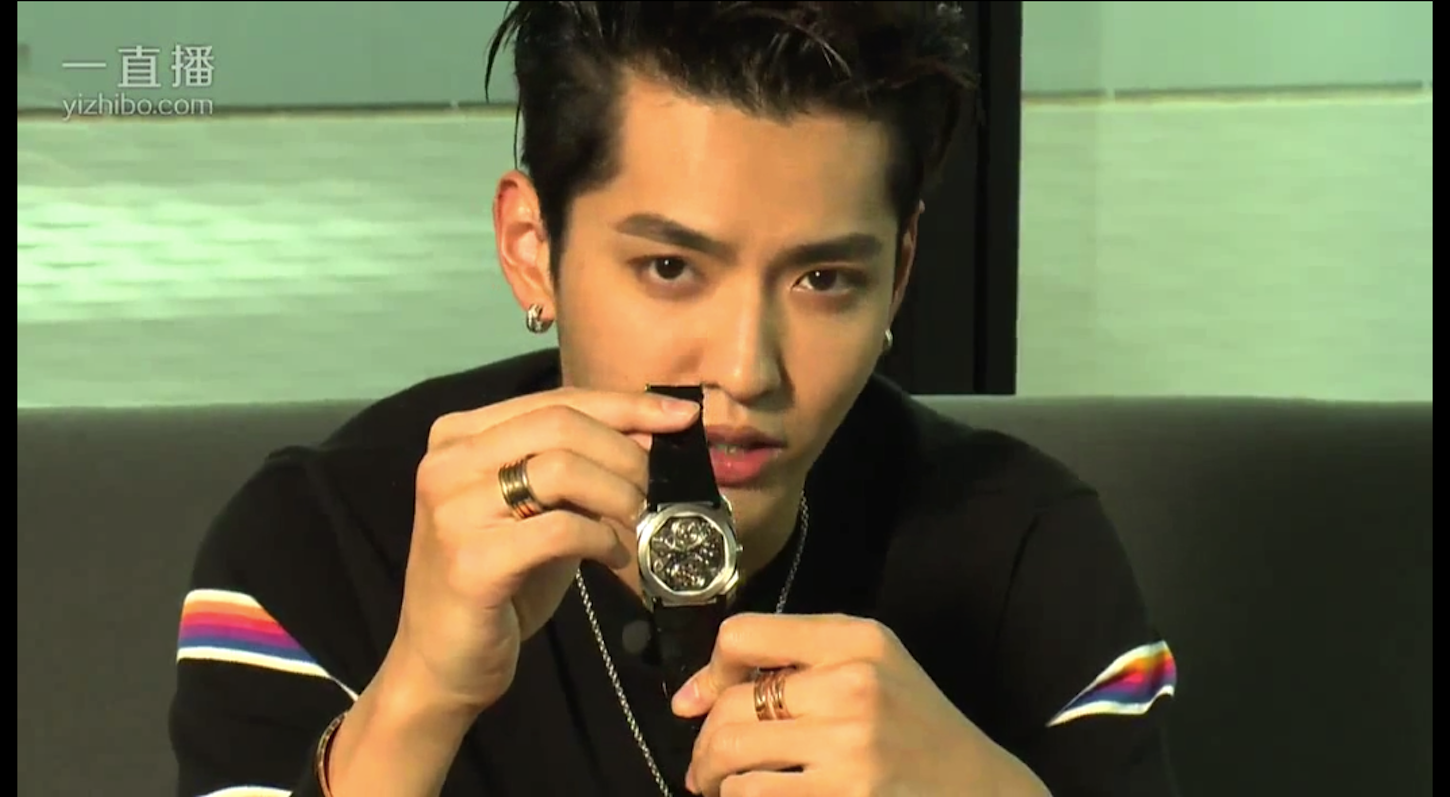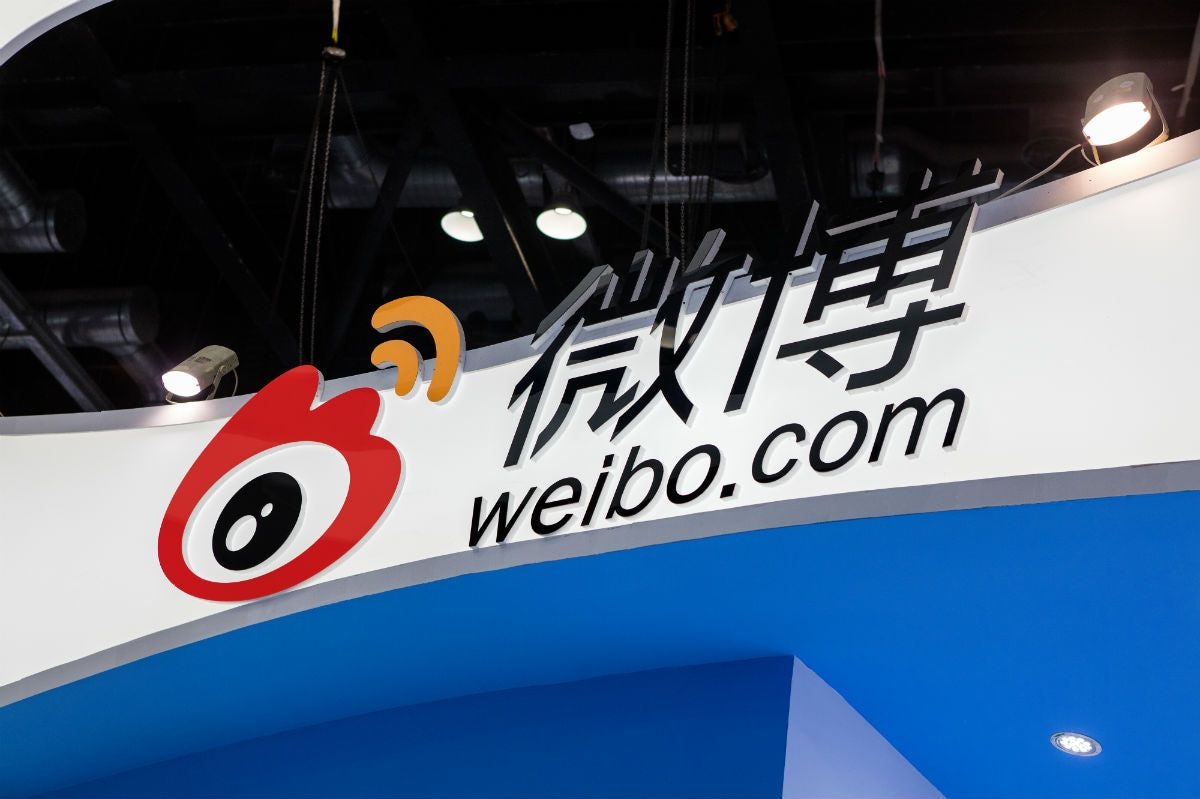Despite predictions that luxury brands would invest more on advertising via live-streaming and short video than on traditional video-streaming platforms, a recent report by iResearch, an online audience measurement and consumer insights research platform in China, shows that luxury brands still favor Youku, a Chinese YouTube-like service, and that pre-roll ads are still the mainstay when it comes to online advertising strategy in the Chinese market.
An important, and often challenging, part of a successful digital campaign is getting China’s vast social media products right and choosing the right platform to tell a story. Targeted advertising needs to be integrated more seamlessly into appropriate contexts and applied on appropriate venues to achieve the optimal results. Here is a list of eight popular video-streaming platforms in China and the content they prevail in.
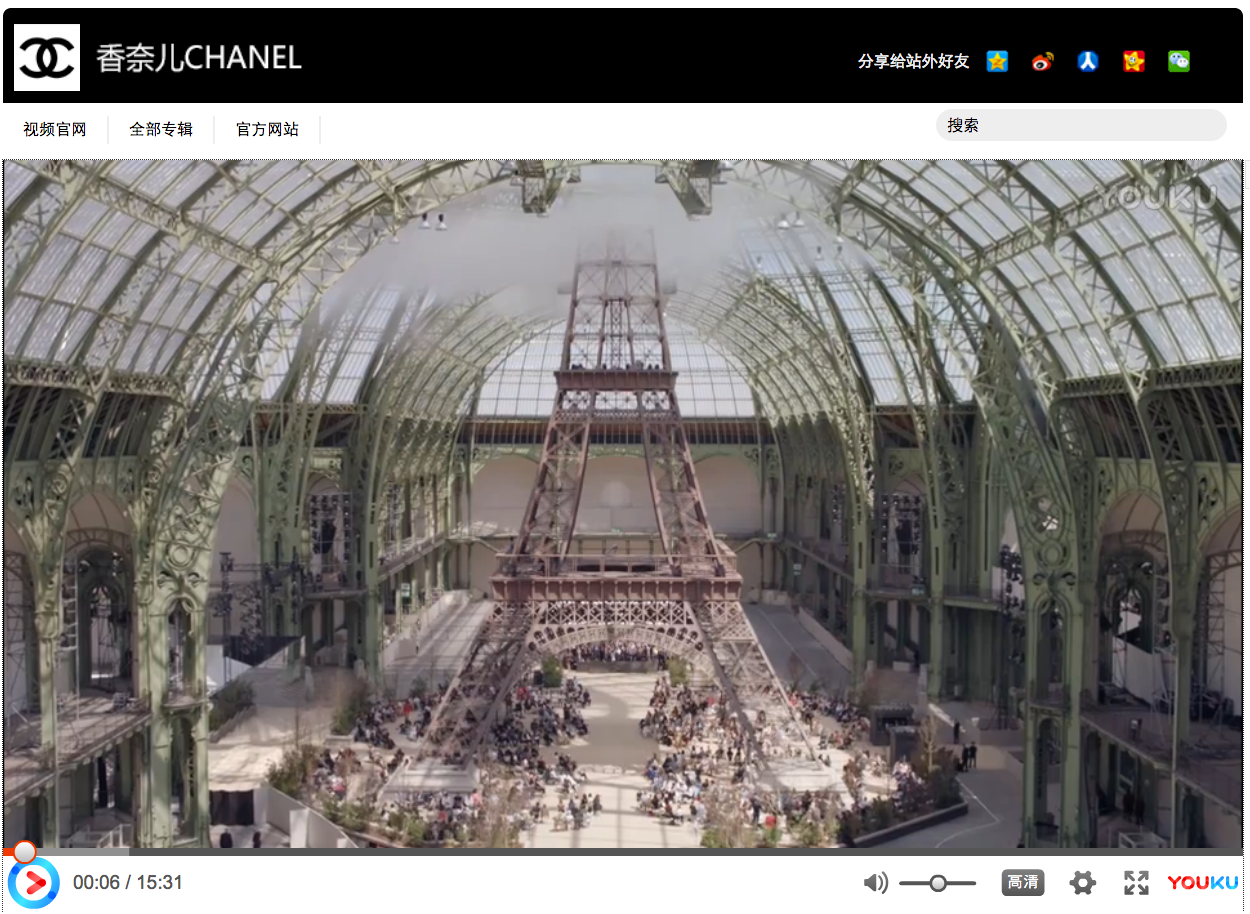
Youku Tudou#
优酷土豆视频
Launched in 2006, Youku is one of China’s top online video and streaming service platforms. Its 2012 acquisition of Tudou, then one of its biggest competitors, has made the giant platform even bigger, accumulating over 289 million monthly active users (MAUs) by December 2016. The platform is now owned by China’s e-commerce giant Alibaba since its takeover last year. According to SimilarWeb, a digital market intelligence company, youku.com ranks third after YouTube and Netflix globally among all the TV and Video sites.
The report by iResearch indicates how popular Youku is among luxury brands: out of every seven yuan spent on online advertising, one has been paid to Youku. Perhaps it is partly owed to the characteristics of the site’s users. On the one hand, Youku’s users are predominantly well-educated, young (under the age of 30), and male and interested in, among other things, cars, fashion, beauty and lifestyle. On the other hand, statistics show that over 13 million users visit Youku for more than 11 days consecutively, making its users more loyal than those of other platforms.
While Youku is modeled after YouTube, the Chinese site caters much more to the needs of brands than its Western counterparts do. For example, pre-roll that lasts more than five seconds generally cannot be skipped on Youku; when users pause a video, an ad, usually in the form of a simple image with text, will pop up.
Many luxury brands have been investing in this platform since its early days. The fashion powerhouse Louis Vuitton was one of the first to experiment with Youku, launching video ads in 2009 followed by a full brand channel in 2010. Over the past few years, more and more luxury brands have joined to launch exclusive video channels on Youku, including Dior, Gucci, Cartier and Longines. One of Cartier’s ads on Youku reportedly attracted over 10 million clicks, a figure much higher than that on other venues such as Weibo and short video sites.
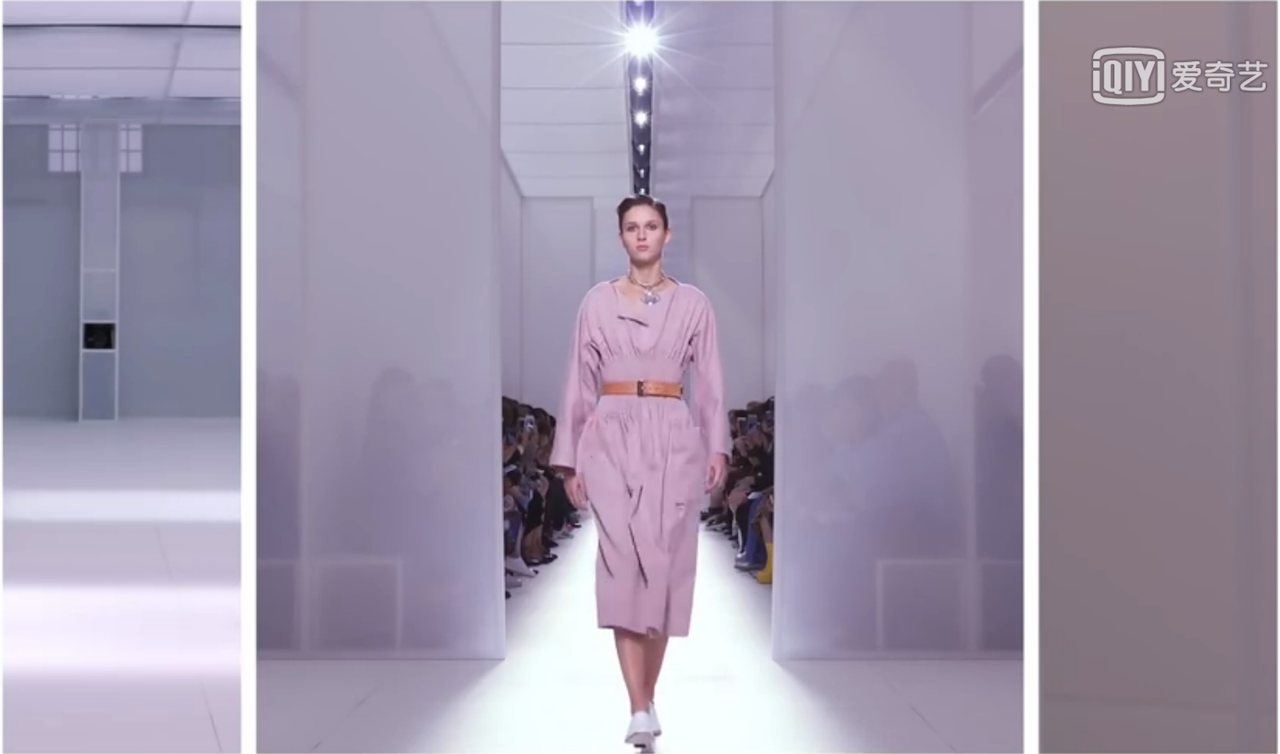
iQiyi#
爱奇艺
According to iResearch’s report, in terms of commercials, pre-roll on iQiyi was the second largest category of spending by luxury brands in the first half of 2017. Founded by Baidu in 2010, iQiyi has accumulated over 30 million paid subscribers and over 300 million daily active users in June 2017. According to statistics released in May 2017, users spent over 6 billion hours in total on iQiyi's mobile app. It was the second longest time users spent on a mobile app following WeChat.
One potential reason why luxury brands like buying pre-roll ads on iQiyi is because it exclusively owns the intellectual property rights to many popular international TV shows, which can turn into a large amount of ad views and clicks.
For example, in 2016, iQiyi bought the exclusive Chinese rights to the popular South Korean show Descendants of the Sun, which to date has been viewed 4.72 billion times. Luxury goods including Rookie-Bud jackets and Ray-Ban sunglasses that appeared on the show
as product placement attracted tremendous interest from Chinese consumers. Fashion bloggers were quick to write articles introducing each brand from the show. The featured fashion items quickly sold out.
The streaming giant has even partnered with overseas luxury goods providers and domestic e-commerce platforms to streamline users’ shopping experiences. Some refer to iQiyi as China’s Netflix, which has signed a licensing deal with iQiyi to tackle the Chinese market.
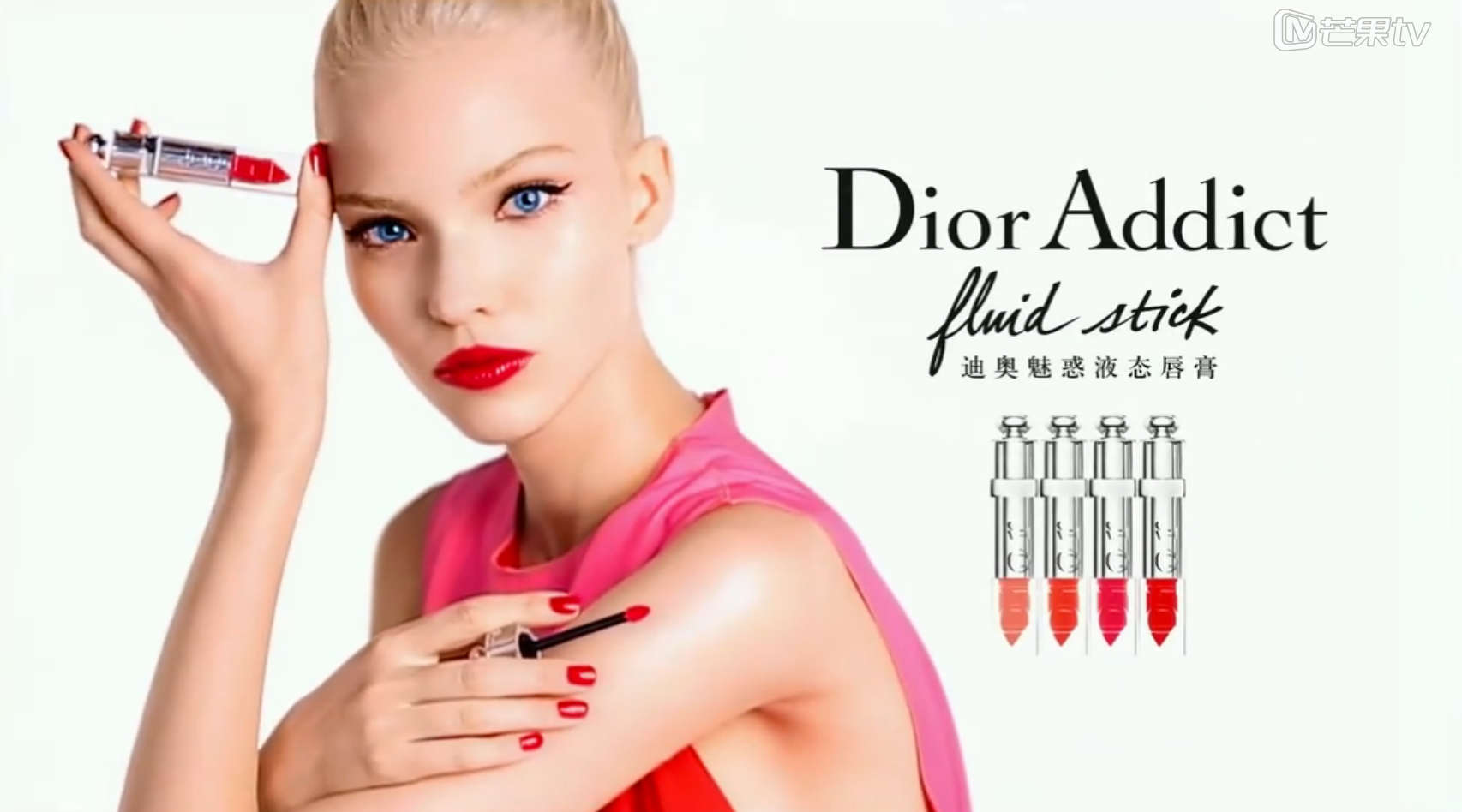
Mango TV#
芒果
TV#
Established in 2006, Mango TV is more than just an internet video-streaming site. It has become the video platform branding title of Hunan Television, currently China’s most popular provincial satellite TV station and the second-most-watched channel, since 2008. Last year, Mango TV completed a series B round of funding with nearly 1.5 billion yuan. Statistics show that Mango TV has 47 million daily active users.
The partnership has granted Mango TV the exclusive copyright to works from Hunan Television, many of which were an instant hit when first aired, such as I Am A Singer 我是歌手, Happy Camp 快乐大本营 and Where Are We Going, Dad? 爸爸去哪儿. Such content has made Mango TV the top choice for many female viewers under the age of 24. Mango TV has also made it clear that it intends to tailor its content to Chinese youths.
Tencent Video#
China’s BAT group of internet giants—namely Baidu, Alibaba and Tencent—are increasingly competing with one another on all fronts. Tencent Video is an example of how the three compete to dominate niche markets in the video-streaming sector.
Officially launched in 2014, Tencent Video differentiates itself from Baidu’s iQiyi and Alibaba’s Youku by focusing a lot more on news, sports events and gaming tournaments such as NBA matches and DOTA tournaments. The platform, distinctively, has a large number of male users, who demonstrate increasing purchasing power on luxury goods. Meanwhile, Tencent dominates major Chinese social networks including WeChat and QQ, whose enormous user bases can be smoothly integrated into its video-streaming platform.
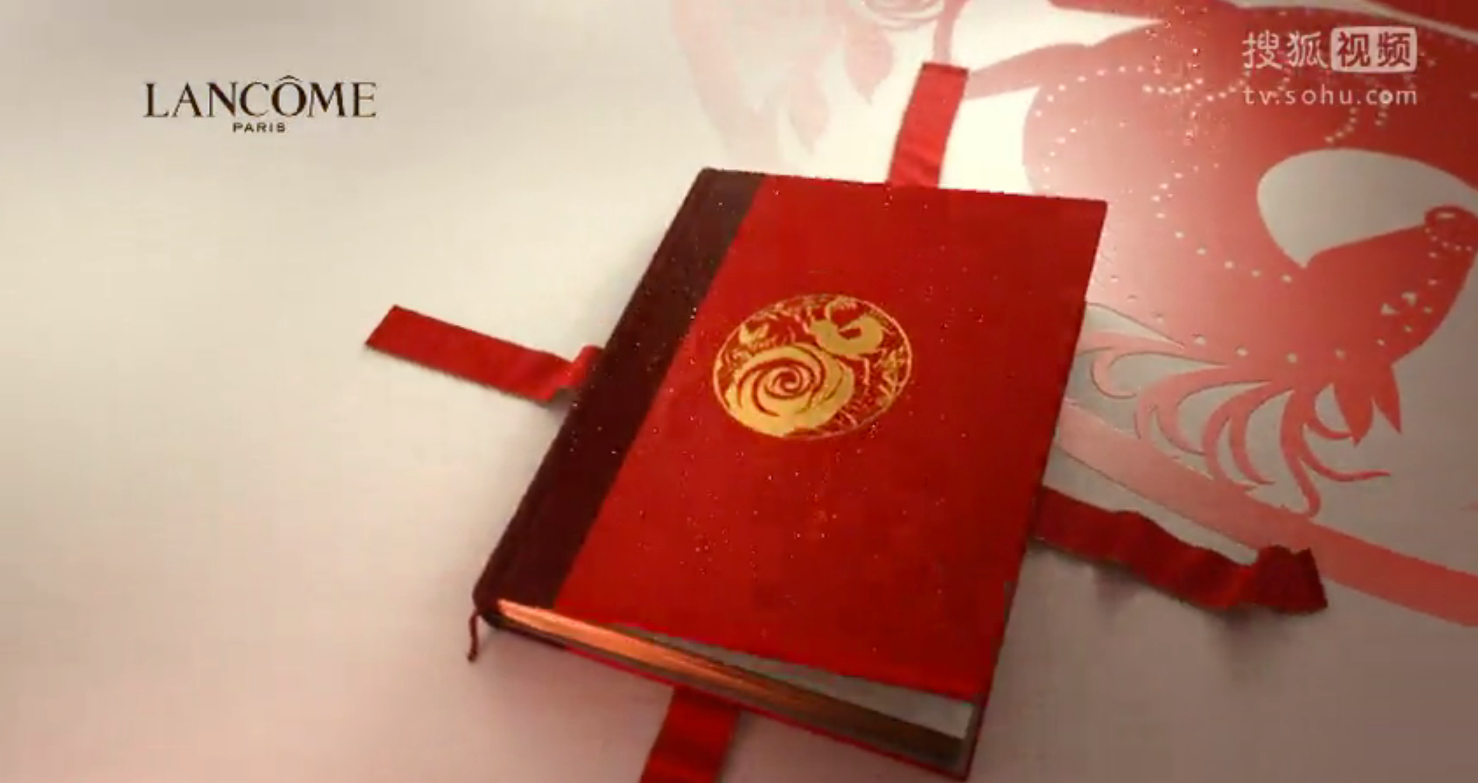
Sohu Video#
搜狐视频
Owned by one of China’s largest web portals Sohu, Sohu Video is best known for rich and high-quality content in international programs especially American TV shows.
For example, in 2014, Sohu Video was the one to unveil the popular American sketch comedy show Saturday Night Live and reality shows such as Rising Star and The Ellen DeGeneres Show. Nearly 40 percent of Sohu Video users reportedly have a college degree, a figure higher than most mainstream video platforms in China.
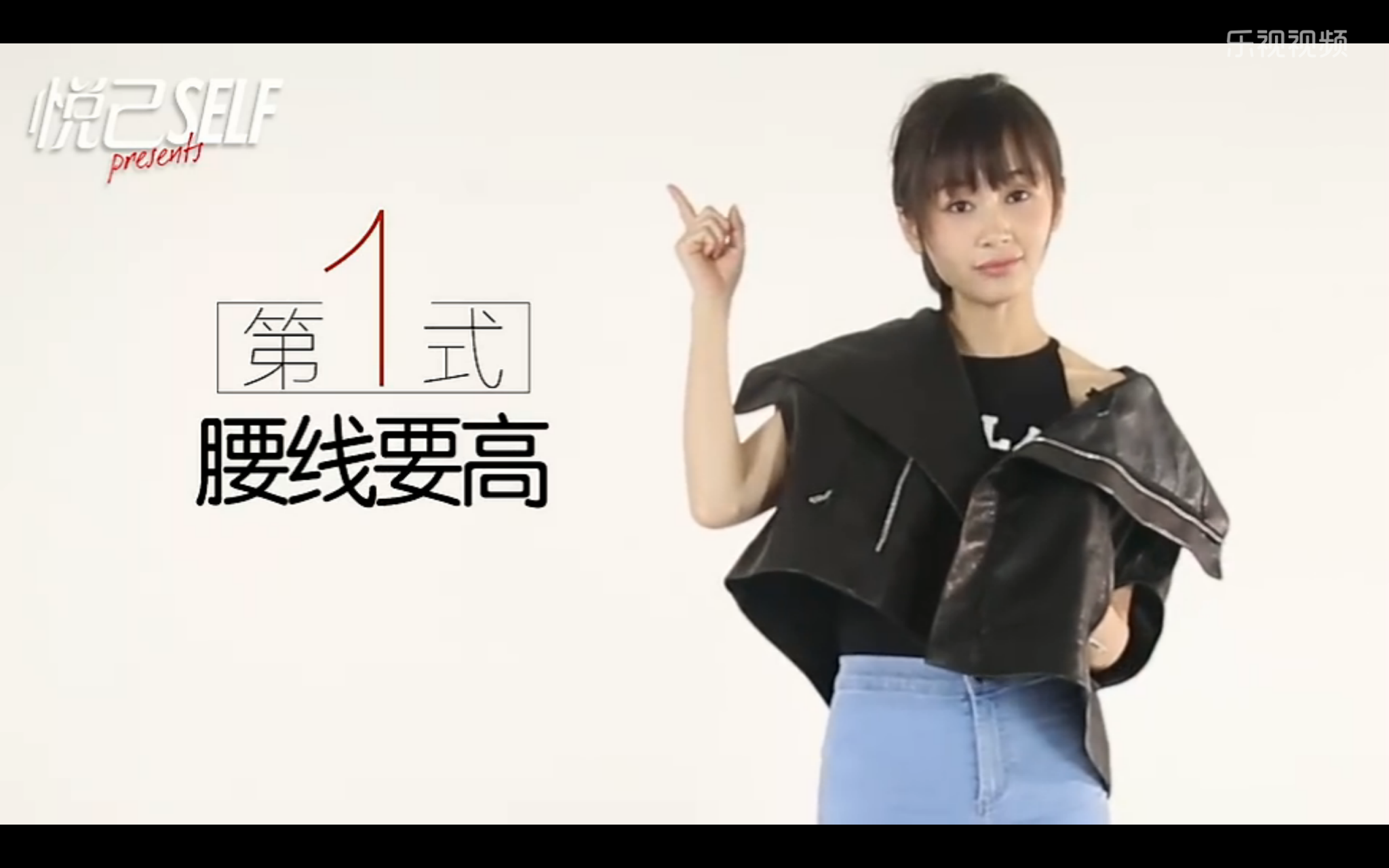
Leshi Video#
Leshi Video was founded in 2004 by Jia Yueting, the troubled internet tycoon and founder of the related Chinese tech company LeEco who made headlines when he resigned from all of his positions at LeEco's publicly traded arm in July. Leshi Video, also known as Le.com, mainly focuses on TV shows and movie streaming, with content such as live broadcasting and short videos from YouTube available on the platform. LeEco has exclusively streamed many big hit Chinese TV shows including Empresses in the Palace 后宫甄嬛传, a 2011 Chinese emperor drama that would later be acquired by Netflix. For its streaming services in the United States, LeEco has partnered with, among others, content providers Machinima Inc., Tastemade, Seeso, and Indieflix.
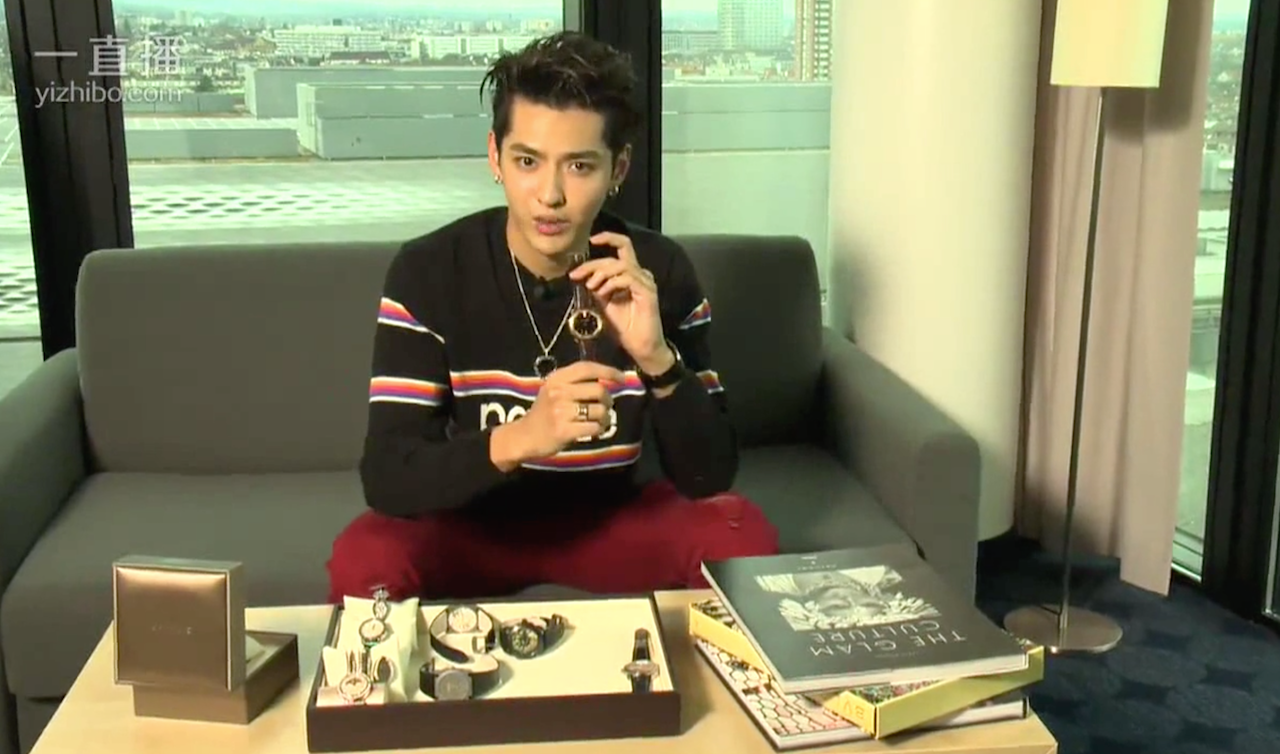
AcFun and Bilibili#
China has a large number of loyal fans of Japanese animation and manga, which explains the rapid growth of users on AcFun (or “Anime Comic Fun”) and bilibili, two of the dominant video-streaming platforms among Chinese youth. Users of these two sites, which were launched in 2007 and 2009, respectively, have affectionately referred to them as “Station A” and “Station B."
Taking its cue from Niconico, one of the largest video-sharing sharing sites in Japan, AcFun and Bilibili were the first to introduce the “bullet screen" (or danmu) function to the Chinese video-streaming services. It allows viewers to comment while they are streaming a video; the comments will then be displayed real-time on the screens of all users, which greatly encourages user-engagement in the conversation and interaction with each other.
Although both platforms were hit by recent censorship by the Chinese government and have taken down a large number of videos from their websites, they nonetheless demonstrate some potential for marketers. AcFun and Bilibili users seem particularly interested in commercials as long as they are creative and of good quality.
“Look at all the clicks and comments on these creative commercials," wrote one user on the question-and-answer site Zhihu (China’s answer to Quora). "It makes me want to watch them all.” In fact, the two sites have dedicated a separate channel for ads, allowing users to share commercials that they find interesting.


